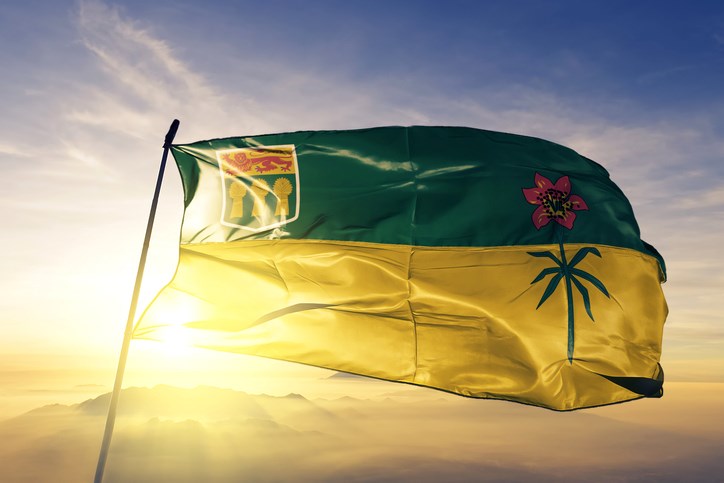NDP Finance Critic Trent Wotherspoon said that the government should scrap the PST sport and culture expansion announced on March 23. MLA Tim McLeod said that, unlike the NDP, the Sask Party knows money doesn’t grow on trees.
The Saskatchewan government has been weathering heavy criticism since it announced the 2022-23 provincial budget on March 23. The budget includes an expansion of the provincial sales tax (PST) to sports and culture industries – industries that have taken some of the hardest blows from the pandemic.
“It’s not a tax raise,” said Tim McLeod, MLA for Moose Jaw North. “What we’re talking about is the broadening of PST not an increase to PST. We’re broadening what it applies to, but we’re not increasing the percentage of PST payable, and we’re broadening it to match the federal GST base as it applies to admissions on entertainment and revenue events.”
McLeod said the province has an aggressive plan to tackle surgical waitlists in the province.
The plan to address and significantly reduce the surgical waitlist will see 7000 extra surgeries in 2022, and 13,000 more in 2023, McLeod said, which will be the largest volume of surgical procedures in the history of Saskatchewan. He added that tackling the surgical waitlist was the part of this year’s budget he was happiest to see.
Reducing the surgery waitlist comes at a cost of $21.6 million, and McLeod said the PST expansion is one of the ways it will be financed.
Trent Wotherspoon, the NDP Official Critic for Finance, pulled no punches when asked what he thought of the PST expansion:
“The Sask Party is just completely out of touch. With the reality Saskatchewan people are facing and the crushing cost of living, (they’re) tone-deaf to that reality by now hiking taxes.”
Wotherspoon said that the government’s rationale for taxing new areas is indefensible.
“They’re saying that they’re adding these new taxes simply because the federal government taxes them as well. It makes no sense,” Wotherspoon said. “These are tax hikes and hikes to the cost of living where Saskatchewan people desperately need some relief.”
It defies common sense, Wotherspoon continued, to tax entertainment and live music and events that bring people together just when those industries are working to get back on their feet.
He called the PST expansion to the fitness industry a disincentive and a barrier and said the government should instead be encouraging people to take positive steps for their health and wellness.
Tim Reid, president and CEO of REAL District in Regina, which operates 100 acres of “the largest interconnected event complex in Canada,” released a statement in which he called the last two years “the darkest time” the sports and entertainment industry has ever faced.
“News of the expansion of the PST to include admission and entertainment charges was a surprise to our organization,” Reid said, “and one we received with sensitivity.”
Reid said that the significance of the budget’s impact to business operations and entertainment goers needs to be fully understood.
The Saskatchewan Roughriders released a statement in which they echoed Reid’s sentiment, saying they were surprised by the PST expansion.
“As a not-for-profit sports team and despite rising inflation costs, we worked tirelessly to minimize the financial impact on our fans,” the statement said in reference to the last two years. “Unfortunately, we know today’s decision will impact many in our community who are looking forward to coming together on Rider game day and for the 2022 Grey Cup.”
PST tax will harmonize with the federal tax as of October 1, 2022, affecting the following industries:
• Concerts
• Movies
• Live theatre
• Museums
• Fairs
• Gym memberships
• Sporting events
• Historical site admissions


.png;w=120;h=80;mode=crop)

